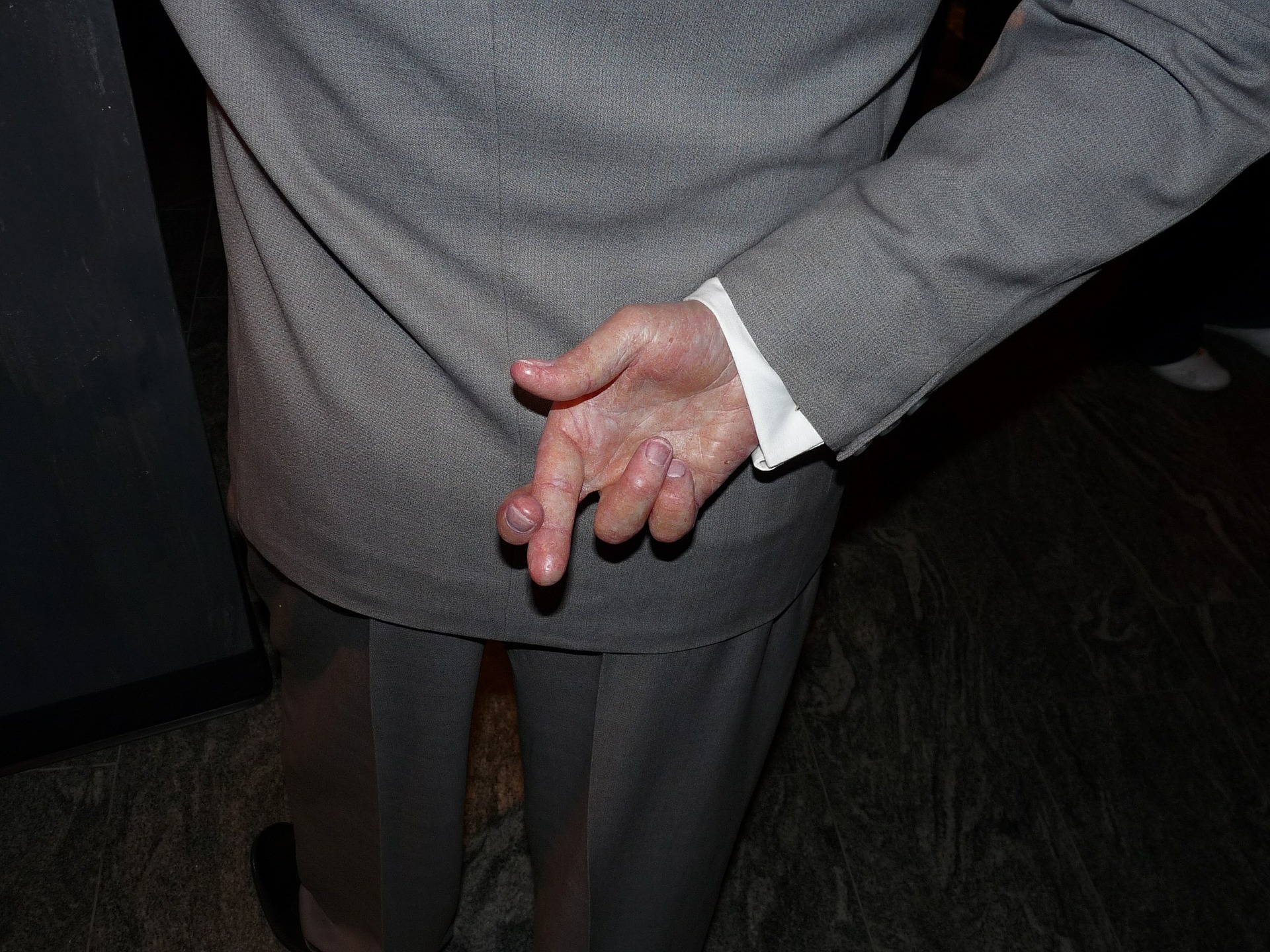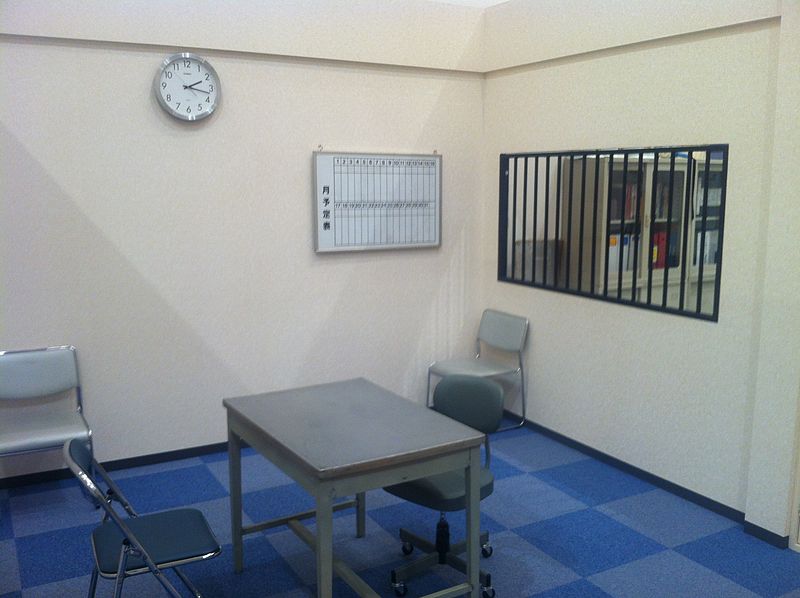The courts created and enforce Miranda rights to protect you and you should take that protection. Shut your mouth. Get a lawyer.
In State v. Lauren Dorff, decided by the Superior Court of New Jersey, Appellate Division, on July 20, 2021, the court found the police violated Ms. Dorff’s Miranda rights by telling her she did not need a criminal lawyer when she questioned whether she should have a lawyer as the police interrogated her.
The police were investigating Ms. Dorff relating to the drug-induced death of one of her associates. They questioned her twice. During the first interrogation, she denied selling the drugs to her associate. During the second interview, she admitted selling drugs to the deceased. The court suppressed her statements made during the second interview because the police told her she did not need a lawyer if she didn’t do anything wrong when Ms. Dorff expressed uncertainty as to whether she should have a lawyer or not.
The court engaged in a long, detailed analysis of defendants’ statements to police during questioning, whether those statements invoked the right to a lawyer, and whether the police responses to those statements were appropriate or inappropriate.
In Ms. Dorff’s matter, she made several comments about having a lawyer and the court analyzed each one of those. Her first statement was, “Do I need a lawyer?” to which the police responded, “That’s up to you. I can’t give you legal advice if you want an attorney or not.” The court concluded that questions did not invoke her right to a lawyer and the police response was appropriate.
However, Ms. Dorff’s second statement, “That’s why I feel I might need a lawyer,” was an invocation of the right to a lawyer, and the police response, “If you didn’t do anything, you certainly don’t need to have [a lawyer]” was inappropriate. The State argued that the police did not intend to undermine Ms. Dorff’s Miranda rights, but the court rejected that argument. The court stated clearly, there is no “good faith” exception to the Miranda requirements, and the standard is whether the police strictly comply with those requirements. “A Miranda violation triggers the exclusionary rule, whether intentional or inadvertent.”

The court explained that while the police said they could not offer her legal advice, they did, in fact, influence her decision making by stating that an innocent person does not need a lawyer. The court correctly concluded that the person being questioned infers from such a statement that the police will assume the person is guilty if they ask for a lawyer. This is a very common misperception by people being questioned by police. Requesting a lawyer is in no way an indication of guilt and not requesting a lawyer is in no way an indication of innocence.
Everyone being questioned by the police should request a lawyer because the criminal lawyer is the only one who will actually be looking out for the subject’s best interests.
Quite simply, no one should ever speak with the police. If the police want to question you, immediately hire a lawyer. Many people think they can outsmart the police or avoid saying incriminating statements. Both of these are ideas are completely wrong. You are not going to outsmart the police; not because they are so smart, but because it’s just not possible. You simply cannot talk your way out of an investigation. Even worse, you do not have to admit doing something wrong to incriminate yourself. Sometimes merely acknowledging your familiarity with a person or place, conceding you were at a particular location, or some other seemingly innocent statement could be all the police need to charge and convict you. The courts created and enforce Miranda rights to protect you and you should take that protection. Shut your mouth. Get a lawyer.


Join the conversation!